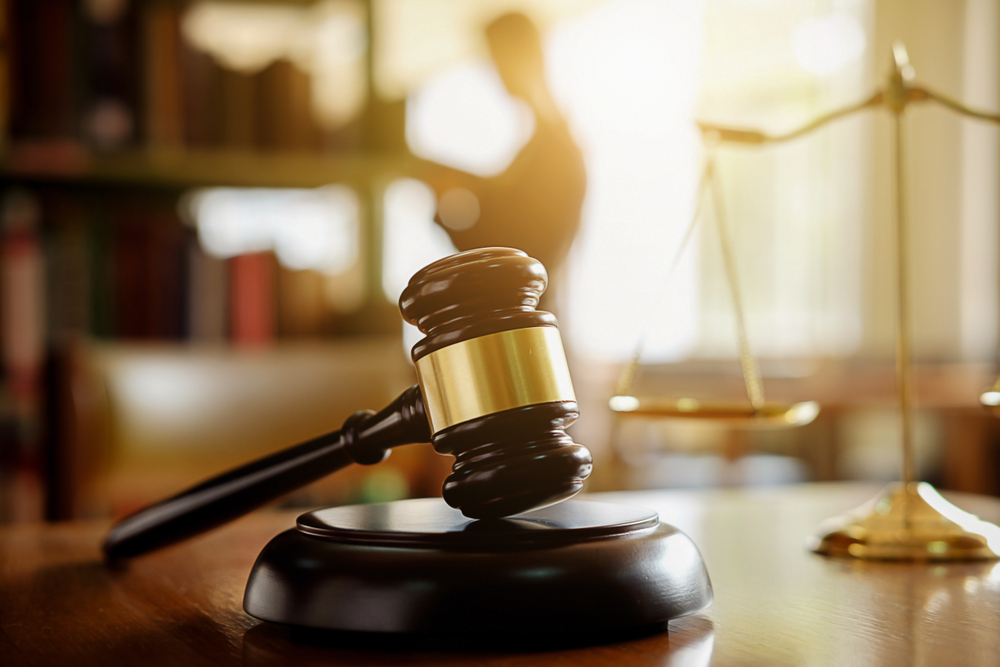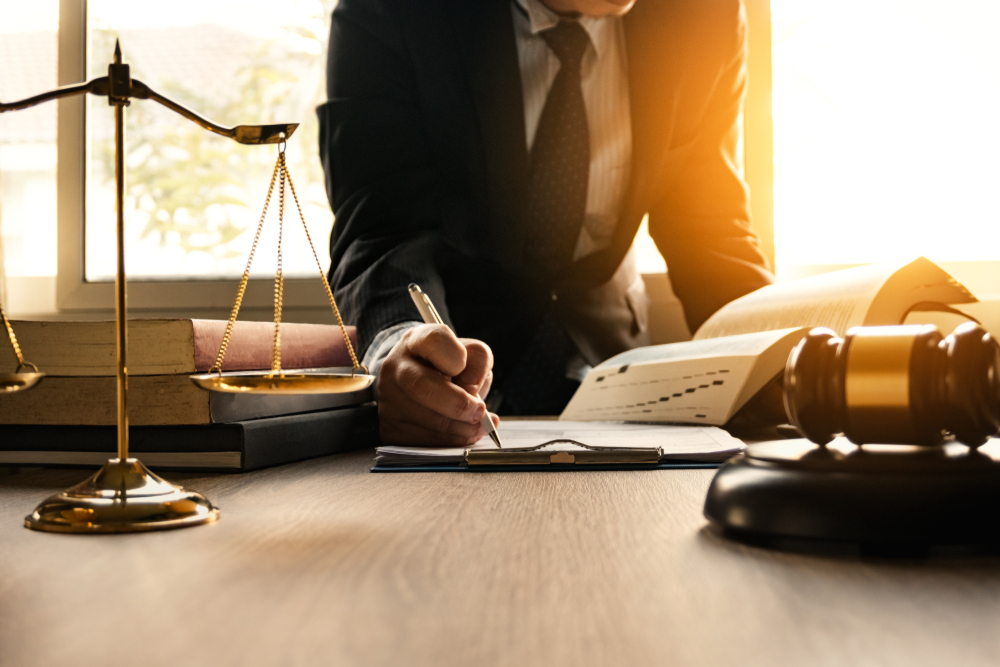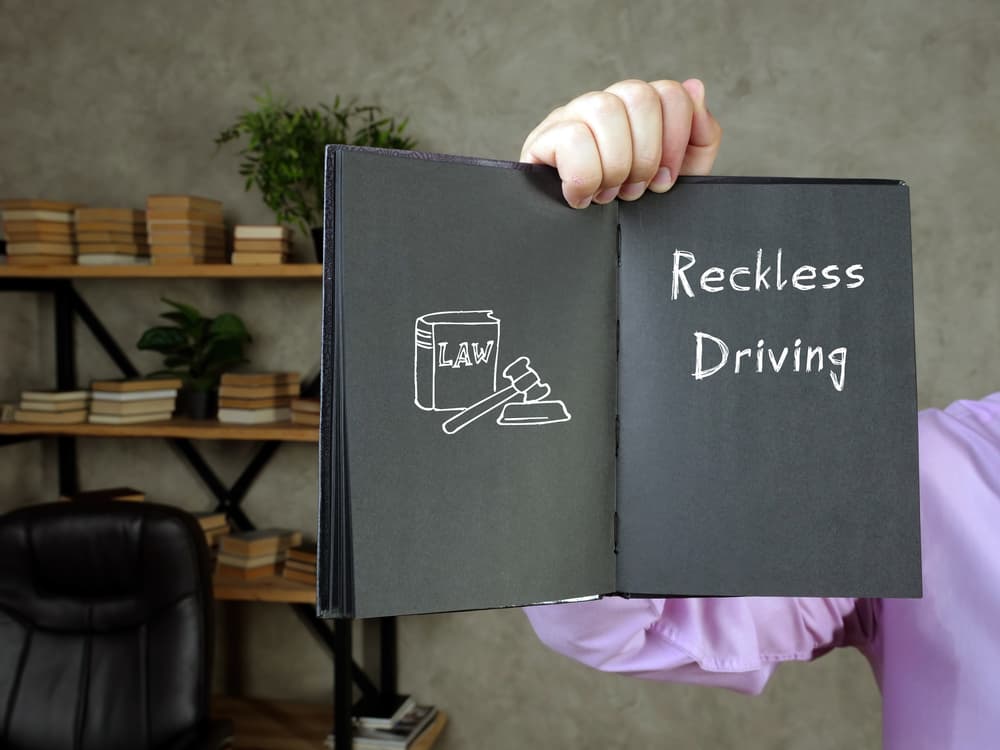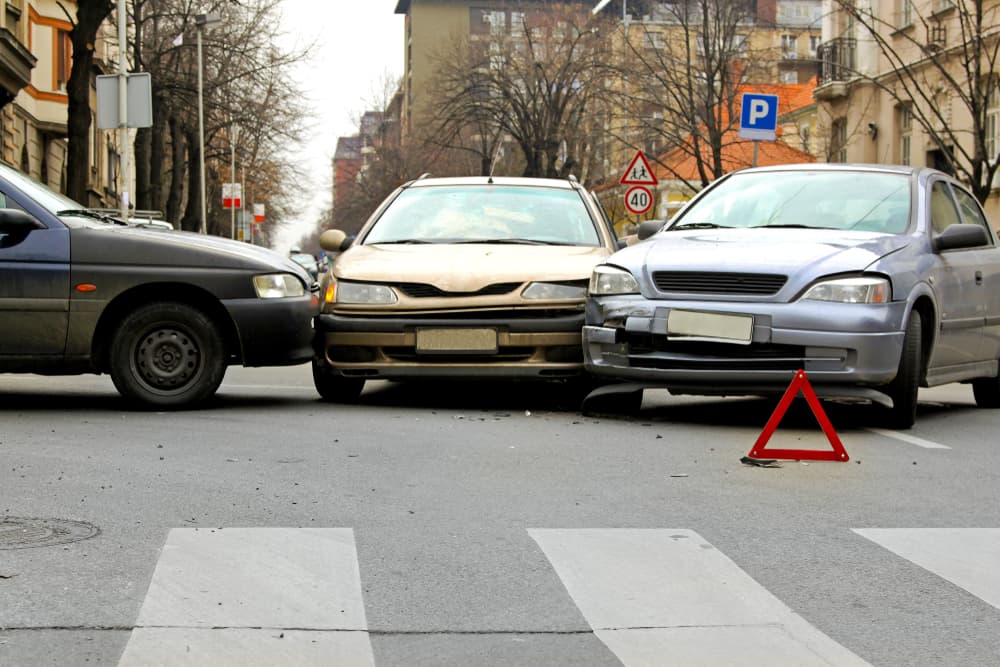When other drivers behave negligently, such as by violating traffic laws, engaging in distracted driving, or operating their vehicles while under the influence of alcohol, they may cause serious accidents and injuries. In those circumstances, an injured accident victim may pursue a personal injury claim or lawsuit for damages.
Handling the legal process on your own can be extremely complicated, but a knowledgeable Michigan car accident attorney can be an invaluable help throughout this process. When interviewing a prospective attorney, ask about their background and experience.
Once you retain a lawyer for representation, they can begin aggressively fighting for your legal rights and pursuing the financial recovery you need for your accident-related losses.
Schedule a Free Initial Consultation Today!
Important Questions to Ask a Car Accident Lawyer
When seeking legal representation for a car accident case, it’s essential to ask the right questions to ensure that you choose the best car accident lawyer for your needs. Here are some of the most important questions to ask:
What experience do you have with car accident cases?
Inquire about the lawyer’s experience settling and litigating car accident cases, including their success rate and the types of cases they have handled in the past. Look for a lawyer with a proven track record of success in similar cases.
Will you personally handle my case?
Some law firms may assign cases to junior attorneys or paralegals. You need to know whether the lawyer you’re speaking with will directly handle your case or delegate it to someone else.
What is your approach to handling car accident cases?
Ask about the lawyer’s approach to handling car accident cases, including their strategies for investigation, negotiation, and, if necessary, litigation. Make sure their approach aligns with your goals and preferences for handling your case.
How will you communicate with me throughout the process?
Clear communication is essential during the legal process. Ask the lawyer how they will keep you informed about the progress of your case and how quickly they will respond to your inquiries.
What fees do you charge, and how are they structured?
Understanding the lawyer’s fee structure is crucial. Inquire about their fees, including whether they work on a contingency fee basis (where they only get paid if you win your case) or an hourly rate. Also, ask about any additional costs or expenses you may be responsible for.
Can you provide references from past clients?
Asking for references from past clients can help you gauge the lawyer’s reputation and the quality of their services. Speak with past clients to get a sense of their experience working with the lawyer and the outcome of their cases.
What is your assessment of my case?
Finally, ask the lawyer for their assessment of your case, including the strengths and weaknesses and the potential outcomes. A knowledgeable lawyer should provide a realistic evaluation of your case and help you understand your options moving forward.
By asking these important questions, you can make an informed decision when choosing a car accident lawyer to represent you. Finding the right lawyer can make a significant difference in the outcome of your case – and your ability to recover the compensation you deserve for your injuries and damages.
How Can a Car Accident Lawyer Help Me Throughout my Case?
A car accident lawyer can provide invaluable assistance in a personal injury case by utilizing their experience and resources to navigate the legal process and advocate for the rights of an injured party.
Here are some of the most important ways that a car accident lawyer can help:
- Thoroughly Investigating the Accident Circumstances – One of the first steps a car accident lawyer will take is to thoroughly investigate the circumstances surrounding the accident. This may involve gathering relevant evidence, such as witness statements, police reports, photographs of the accident scene, and surveillance footage, to determine how the accident occurred and who was responsible.
- Obtaining Evidence – In addition to investigating the accident circumstances, a car accident lawyer will work to gather relevant evidence to support the injured party’s claim. This may include obtaining accident reconstruction reports, medical records, and expert testimony to demonstrate the extent of the injuries and the overall effects of the accident.
- Filing a Claim with the Insurance Company – Once the lawyer has gathered sufficient evidence, they will file a claim with the insurance company on behalf of the injured party. This involves submitting a formal request for compensation for medical expenses, lost income, pain and suffering, and other damages resulting from the accident.
- Aggressively Negotiating with Insurance Company Representatives – Insurance companies are often reluctant to pay out full and fair compensation for car accident claims. A car accident lawyer can negotiate with the insurance company’s representatives to seek a settlement that adequately compensates the injured party for their injuries and losses. An experienced lawyer will use their legal knowledge and advocacy skills to pursue the best possible outcome for the injured accident victim.
- Litigating the Case if Necessary – If negotiations with the insurance company are unsuccessful in reaching a fair settlement, a car accident lawyer may file a personal injury lawsuit and litigate the case in court. This involves presenting documentary evidence and witness testimony, making persuasive arguments, and advocating for the injured party’s rights before a judge and/or jury. Litigation can be a complex and time-consuming process, but it may be necessary to ensure that the injured party receives the fair and full compensation they deserve.
By providing skilled legal representation and advocacy, a car accident lawyer can help injured individuals navigate the complexities of the legal system and pursue fair compensation for their accident-related losses.
Whether through negotiation or litigation, an experienced car accident lawyer will work tirelessly to achieve the best possible outcome for their client and protect their rights throughout the entire process.
Common Car Accident Causes and Injuries
Car accidents due to another driver’s negligence can result from various factors, leading to a range of injuries for those involved.
Some of the most common causes of car accidents include:
- Distracted Driving – One of the leading causes of car accidents is distracted driving, which can involve activities such as texting, talking on the phone, drinking, eating, adjusting the radio, or interacting with passengers while driving. Distracted drivers are less able to react quickly to changing road conditions and are more likely to cause accidents.
- Frequent Speeding – Excessive speeding significantly increases the risk of car accidents by reducing a driver’s ability to stop or maneuver safely. Speeding drivers have less time to react to hazards on the road and are more likely to lose control of their vehicles, leading to collisions.
- Driving Under the Influence – Driving under the influence of alcohol or drugs is a major contributor to car accidents. Impaired drivers have slower reaction times, impaired judgment, and reduced coordination, making them more likely to cause accidents and serious injuries.
- Reckless Driving Maneuvers – Reckless driving behaviors, such as tailgating, weaving in and out of traffic, running red lights or stop signs, and ignoring traffic laws, increase the risk of car accidents. Reckless drivers put themselves and others at risk by engaging in dangerous behaviors while on the road.
- Failure to Yield – Car accidents often occur when drivers fail to yield the right-of-way to others at traffic intersections and highway merge lanes.
- Unsafe Lane Changes – Unsafe lane changes, including failure to use turn signals, merging abruptly, and cutting off other drivers, can lead to accidents – especially on interstate highways and other busy thoroughfares.
- Fatigued Driving – Driving while fatigued often prevents drivers from being able to react quickly to roadway situations and make sound decisions. Fatigued drivers are more likely to drift out of their travel lanes, miss traffic signals, or fall asleep at the wheel, resulting in accidents and injuries.
Injuries in car accidents can range from minor cuts and bruises to far more severe injuries, like whiplash, broken bones, traumatic brain injuries, spinal cord injuries, and internal organ damage.
In serious accidents, fatalities may also occur. Seek medical attention promptly after a car accident, even if injuries seem minor, as some injuries may not immediately manifest. However, these injuries can worsen over time if left untreated.
Victims of car accidents resulting from another driver’s negligence may be entitled to compensation for medical expenses, lost income, pain and suffering, and other damages resulting from their accident. A personal injury attorney can help victims understand their rights and pursue the full compensation they deserve for their losses.
Elements of Proof in a Car Accident Case
In a car accident case, several legal elements must be proven to establish liability and recover compensation for injuries and damages. These legal elements serve as the foundation for building a strong case and convincing a court or insurance company of the injured party’s right to compensation.
The first legal element to establish in a car accident case is duty of care. Duty of care refers to the responsibility that all drivers have to drive in a reasonably safe and prudent manner – and avoid causing harm to others on the road.
The second element is a breach of duty. This occurs when another driver fails to uphold their duty of care by engaging in negligent or reckless behavior, such as speeding, road rage, or driving under the influence of drugs or alcohol.
Next, causation must be proven. Causation establishes that the at-fault driver’s breach of duty directly caused the accident, along with the resulting injuries and damages. The injured accident victim must also show that the other driver’s actions were a substantial factor in bringing about the accident and the resulting injuries.
The fourth element is damages. Damages refer to the actual harm that the injured party suffered because of the accident. This can include physical injuries, property damage, medical expenses, pain and suffering, lost income, and other similar losses.
Finally, the victim must demonstrate that they suffered actual harm or damages as a result of the accident. This can be proven through medical records, testimony from medical experts, documentation of lost income, and other evidence demonstrating the extent of the victim’s injuries and losses.
To successfully prove these legal elements in a car accident case, it is essential to gather and present relevant evidence, such as witness statements, police reports, photographs of the accident scene, medical records, and expert testimony.
Additionally, legal arguments and persuasive advocacy are crucial in convincing a court or insurance company of the victim’s right to recover compensation.
Overall, establishing the legal elements of duty of care, breach of duty, causation, and damages is essential in building a strong case and obtaining fair compensation for injuries in a car crash.
With thorough preparation, effective presentation of evidence, and skilled legal representation, injured parties can seek justice and hold negligent drivers accountable for their actions (and inactions) while on the road.
What Damages Can I Recover?
Injured car accident victims may be eligible to recover monetary damages to compensate for the losses and hardships they endured.
These damages include economic and non-economic damages:
- Medical Expenses – Economic damages include compensation for medical expenses incurred because of the car accident. This can encompass costs associated with hospitalization, surgeries, doctor visits, medications, rehabilitation, therapy, and other necessary medical interventions.
- Loss of Earnings and Loss of Earning Capacity – Economic damages also include compensation for the loss of income or wages resulting from the car accident. If the victim is unable to work due to their injuries, they may recover lost earnings. Additionally, if the injuries result in a decreased ability to earn income in the future (in other words, loss of earning capacity), victims may also receive compensation for this loss.
- Property Damage – Economic damages cover the costs of repairing or replacing damaged property, including vehicles and personal belongings inside their vehicles.
- Pain and Suffering – Non-economic damages compensate victims for the physical pain, emotional suffering, and mental anguish resulting from the accident and their injuries. These damages seek to address the intangible harms that the victim experienced, such as emotional distress, physical discomfort, and loss of enjoyment of life.
- Other Non-economic Damages – In addition to pain and suffering, injured car accident victims may be eligible to recover other non-economic damages, such as compensation for emotional distress, loss of companionship or consortium, and disfigurement or permanent disability.
By seeking compensation for these various types of damages, injured car accident victims can work towards recovering from the physical, emotional, and financial effects of the accident and moving forward with their lives.

Talk With a Car Accident Lawyer in Your Area Today
If you recently suffered injuries in a car accident that resulted from another driver’s negligence, a skilled personal injury attorney in your area can help you. Your lawyer will represent you at every stage of your case by investigating the accident circumstances, gathering documents, filing a claim on your behalf, and negotiating with the insurance company.
Moreover, your lawyer can pursue various litigation options if the insurance company refuses to compensate you fairly. Your attorney will do everything they can to maximize your overall compensation, helping to make you whole again.






